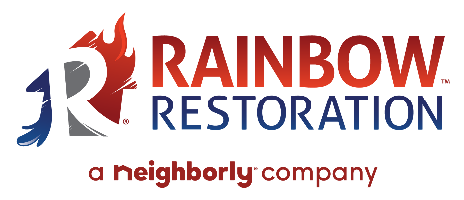LICENSED MOLD REMOVAL SERVICES
Mold in Your Home or Business?
- Environmental Services
- No-Obligation Estimates
- Local Immediate Response
- Licensed & Certified
- Residential & Commercial
Schedule Appointment
* – required
SCHEDULE A MOLD REMOVAL CONSULTATION
At Rainbow of Fargo, we offer licensed, professional mold removal and remediation services.
Mold exists everywhere, that’s a fact. It’s important to undergo mold inspections to find visible growth or airborne problems. If you spot mold in your home, call us for professional mold remediation.
If your home is at risk of mold due to flood damage or fire damage, our company offers free mold estimates.
We can be onsite within a few hours to help you dry your home and prevent a potential mold growth issue right away.

WHY CHOOSE RAINBOW RESTORATION?
- Free Estimates
- 60 Min Response Time
- Industry Certified
- State-Of-The-Art Equipment
- Safe EPA Approved Treatment Solutions
- Direct Insurance Billing
- Licensed & Insured
MOLD SPORES & HEALTH ISSUES
People at high risk from mold spore exposure:
· Individuals with Asthma or Allergies
· Individuals Taking Medication
· Pregnant Women
· Children 6-12 Years Old
· Infants
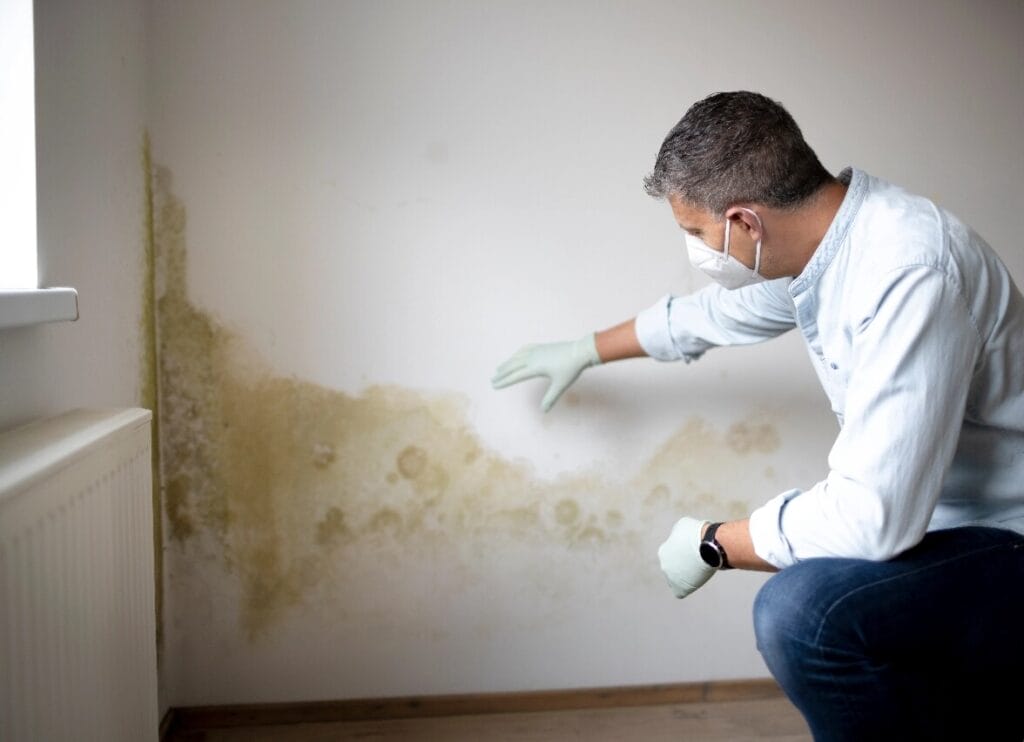
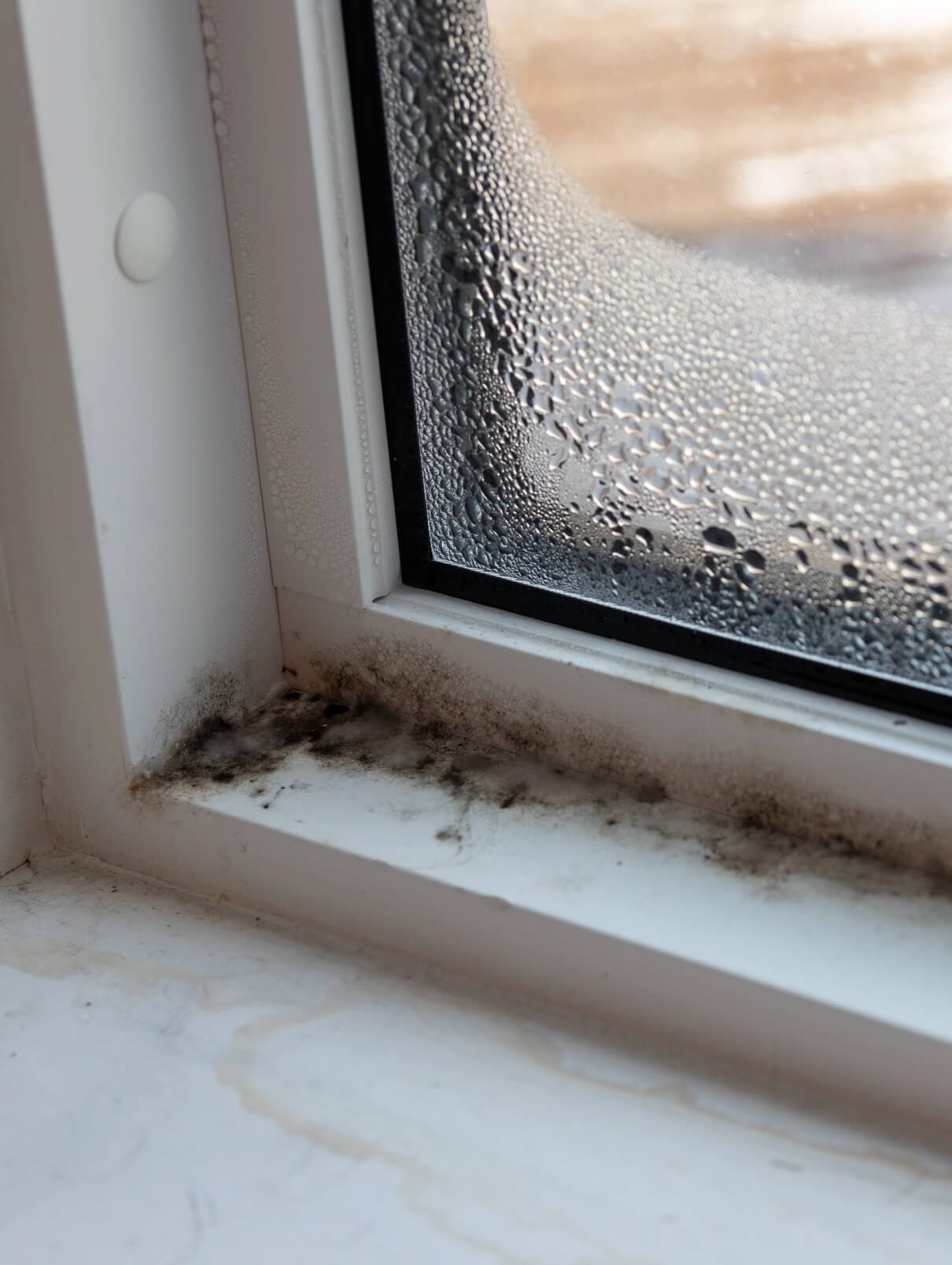
MOLD REMOVAL FACTS
Mold Grows Quickly: Mold needs only moisture, temperatures above 40 °F (4 °C), and organic material to survive. Mold can grow in 24-48 hours, preferring areas with no sunlight, limited airflow, and little disruption.
Mold Grows Quickly: Mold needs only moisture, temperatures above 40 °F (4 °C), and organic material to survive. Mold can grow in 24-48 hours, preferring areas with no sunlight, limited airflow, and little disruption.
Microscopic mold spores exist naturally almost everywhere, indoors and outdoors, so removing all mold from a home or business is impossible. Some restoration businesses advertise “mold removal” and even guarantee to remove all mold, which is a fallacy.
- Mold is present almost everywhere, indoors and outdoors.
- Mold spores are microscopic and float along in the air, and they may enter your home through windows, doors, or AC/heating systems or even hitch a ride indoors on your clothing or a pet.
- Mold spores thrive on moisture. Mold spores can quickly grow into colonies when exposed to water.
- Before mold remediation can begin, any sources of water or moisture must be addressed. Otherwise the mold may return.
- Even higher than normal indoor humidity can support mold growth. Keep indoor humidity below 45 percent.
RAINBOW REVIEWS
“They are easy to work with.“
“Great team! Perfect service and will definitely be contacting again for any restoration needs!“
“I highly recommend Rainbow International for all your cleaning needs. Their attention to detail is amazing. You won’t be disappointed!”
“I highly recommend these guys! Leigh and Grace are absolutely wonderful and extremely professional!!”
“We have used the team at Rainbow for many years, they always do a fantastic job whether it be for new construction or existing residential or commercial. Their customer service is impeccable and we will continue to highly recommend them!!”
“Found that our disposal had been leaking for some time causing some water damage and a serious threat of mold under the counter. Bob and his team arrived quickly to assess the issues and left the drying equipment running for the weekend. They removed any threat of mold growth and really helped to save our cabinet. Awesome work!”
UNDERSTANDING THE MOLD REMEDIATION PROCESS
Every mold damage scenario is different and requires a unique solution, but the general mold remediation process stays the same. The steps listed below illustrate the “typical” process:
Step 1: Emergency Contact: (701) 412-4776
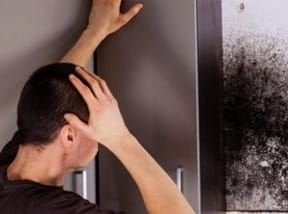
The mold cleanup and restoration process begins when you call our mold specialist will ask a series of questions to help us determine the necessary equipment, resources, and personnel.
Step 2: Inspection and Mold Damage Assessment
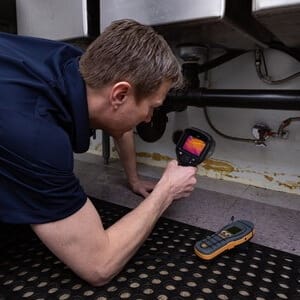
Water damage is not biased to what gets damaged and what doesn’t. For example walls, wood components, contents, flooring and insulation may all be damage when in contact with water. Therefore, our technicians will evaluate the extent of the damage using advanced professional moisture detection equipment. Furthermore, the technician will set a “drying goal” and try to meet that goal as efficiently and quickly as possible by utilizing the right tools, equipment, and methods.
Monitoring the equipment is important but so is monitoring of the air being dried which is the invisible part of this whole process technically called “Atmospheric Readings” these are taken with RH units called hygrometers this tool will let us know that we have the affected air at optimum drying conditions to dry the building material in the quickest time possible.
Step 3: Mold Containment
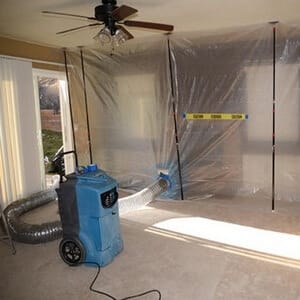
We use various containment procedures to prevent the spread of mold. We may use advanced containment procedures like negative air chambers to isolate the contaminated area with physical barriers and negative air pressure to keep the mold spores from spreading during the cleanup process. All fans and heating and cooling systems will be turned off to prevent the spread of mold.
Step 4: Air Filtration

Our specialized filtration equipment allows our Professionals to capture microscopic mold spores out of the air. We utilize powerful “air scrubbers” and HEPA vacuums to prevent the spread of these mold spores while the mold remediation is in process.
Step 5: Removing Mold and Mold-Infested Materials
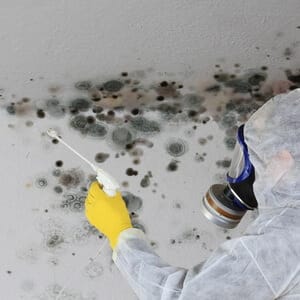
The mold remediation process depends on the amount of mold growth and the types of surfaces on which the mold appears. Our mold professionals use antifungal and antimicrobial treatments to eliminate mold colonies and to help prevent new colonies from forming. Removing and disposing of mold-infested porous materials, like drywall and carpeting, may be necessary to remediate heavy mold growth.
Step 6: Cleaning Contents and Belongings
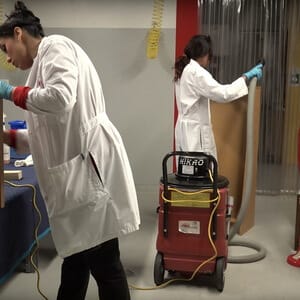
Our professionals clean your furniture, decorative items, curtains, clothing, and other restorable items affected by mold. They use a variety of cleaning techniques to clean and sanitize your belongings. They’re also trained to remove odors and deodorization using fogging equipment.
Step 7: Restoration
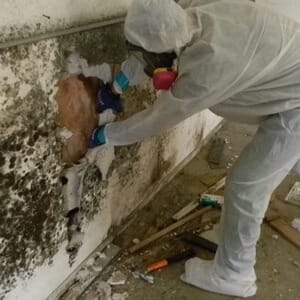
Depending on the level of mold damage, drywall, subfloors, and other building materials may be removed. Restoration may involve minor repairs, such as replacing drywall, painting, and installing new carpet; or it may entail major repairs such as the reconstruction of various areas or rooms in a home or business.
